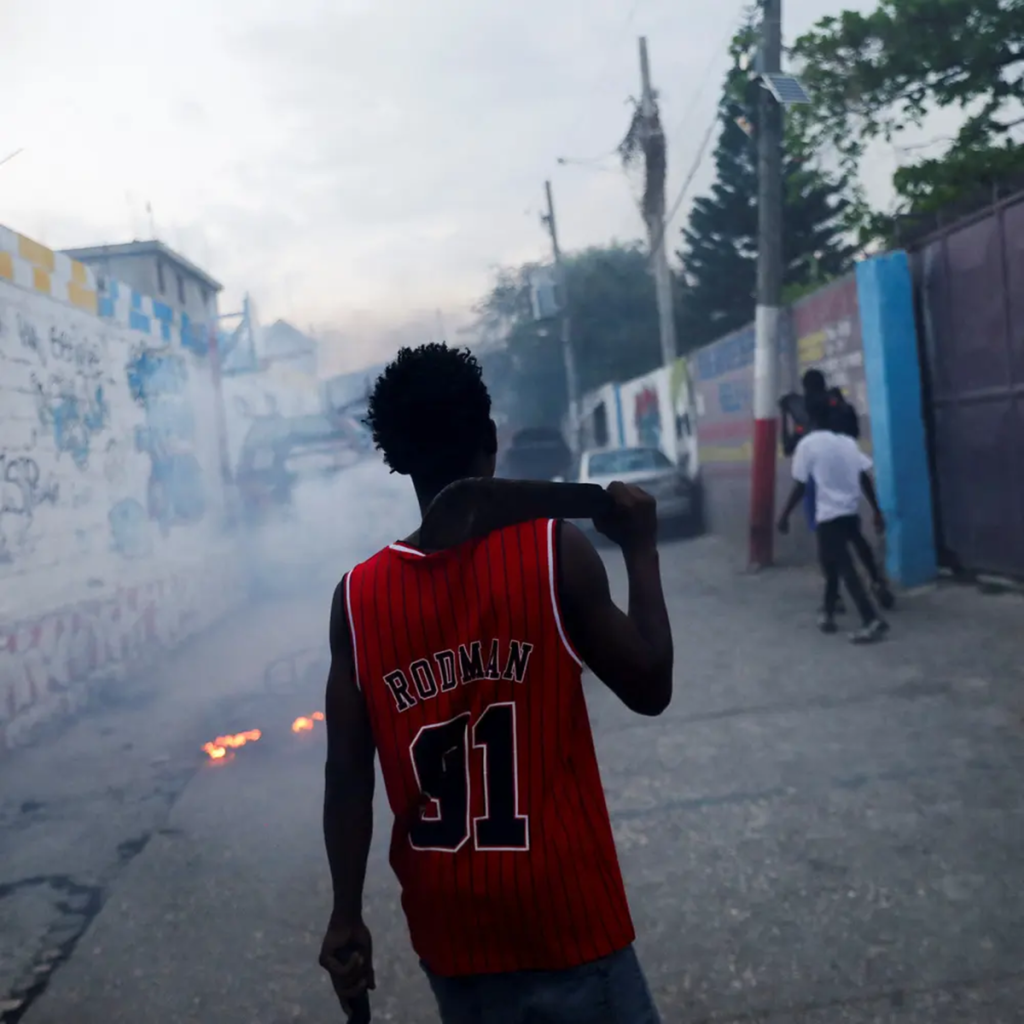The U.N. children’s agency reported on Tuesday that over 300,000 children have been forced to leave their homes due to gang violence in Haiti since March. The Caribbean country is facing challenges in controlling the high number of killings and kidnappings.
Almost 580,000 people have been displaced in the past four months, with children accounting for more than half of this figure. The surge in violence began in late February following a series of well-planned assaults on vital government facilities, eventually leading to the resignation of Prime Minister Ariel Henry in April.
“The humanitarian catastrophe unfolding before our eyes is taking a devastating toll on children,” Catherine Russell, UNICEF’s executive director, said in a statement.
“Displaced children are in desperate need of a safe and protective environment and increased support and funding from the international community.”
Gangs currently dominate at least 80% of the capital Port-au-Prince and the main thoroughfares in and out of the city. In the first three months of the year, over 2,500 individuals were either killed or injured across the country, as reported by the U.N.
Numerous children are residing in makeshift shelters, including schools with poor hygienic conditions, jeopardising them to diseases. School closures also contribute to a rise in the number of students dropping out.

The organisation mentioned that children in Haiti are being compelled to join violent gangs to survive due to their limited access to food, healthcare, clean water, and sanitation. Displaced children and adolescents in Haiti are also at increased risk of experiencing sexual assault, exploitation, abuse, and separation from their families, according to UNICEF.
This announcement follows the arrival of hundreds of Kenyans in Haiti to assist in liberating the country from the firm grip of armed gangs. The deployment received a mixed reception, especially considering the U.N. peacekeeping mission’s history of introducing cholera to the country and being involved in sexual misconduct allegations.
On Monday, Jonathan Finer, the U.S. Deputy National Security Adviser, met with Haitian Prime Minister Garry Conille to deliberate on the initial deployment of the U.N.-backed mission to Haiti. Finer emphasised the United States’ strong endorsement of accountability and oversight measures as part of its mission.
Haiti is also preparing for a challenging hurricane season, which has commenced earlier than usual. A tropical storm watch was issued for Haiti’s southern coast as Hurricane Beryl advanced into the Caribbean Sea.


